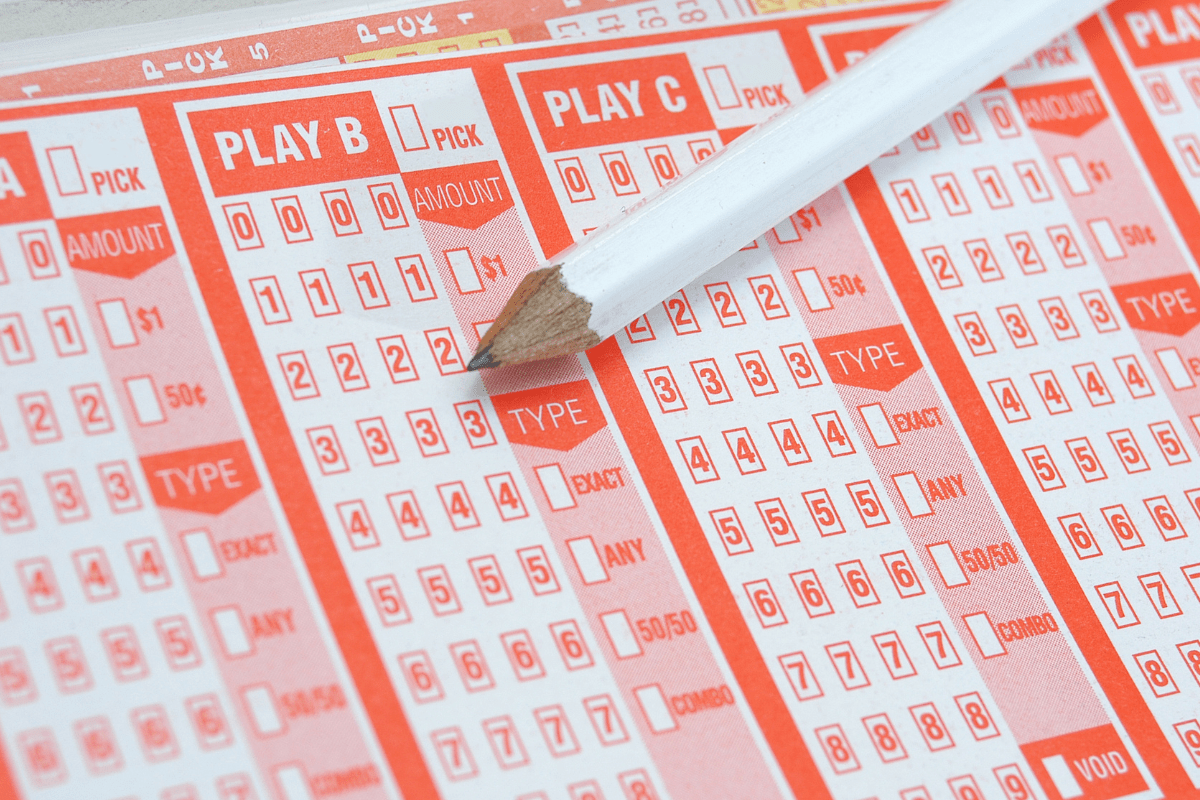Washington DC Man Sues Powerball After Being Told $340 Million Jackpot Was Made In Error
John Cheeks thought his entire life was about to change in January 2023 when he saw that the Powerball winning numbers matched his ticket. He was right, though not in the way he expected. When Mr. Cheeks presented his ticket to the Office of Lottery and Gaming, his claim was denied. The office claimed that he did not have the winning ticket and instructed him to throw his ticket in the trash can instead. Instead, Mr. Cheeks filed a lawsuit for the $340million jackpot, plus interest he would have earned on it per day.
Powerball and a lottery contractor, the DC-based Taoti Enterprises, claim the numbers were given from a technical error. A Taoti employee claims that on January 6, 2023, a quality assurance team was running tests on the website. Taoti posted a set of test Powerball numbers online, which just happened to match Mr. Cheeks’ numbers. Those numbers remained online for three days, until January 9, 2023. Taoti denies that Mr. Cheeks’ ticket was drawn at the last lottery draw.
Mr. Cheeks is suing on eight separate counts, including breach of contract, negligence, fraud, and infliction of emotional distress. The lawsuit claims that Mr. Cheeks is entitled to the entire jackpot or damages for the “gross negligence” of the lottery posting Mr. Cheeks’ numbers in error. The odds of anyone winning the jackpot are about one in 292.2 million.
 Gross Negligence Is an Important Legal Claim in Many Negligence Lawsuits
Gross Negligence Is an Important Legal Claim in Many Negligence Lawsuits
Taoti clearly made a mistake. Their employees put up the wrong lottery numbers thereby leading Mr. Cheeks to believe he had won the Powerball jackpot. Even if the numbers didn’t match Mr. Cheeks’ numbers, there was a real possibility that someone else would have had a ticket that matched the “false” numbers. Moreover, those numbers were up for three days. Mr. Cheeks had no reason to believe that the lottery numbers that were up on the website were anything but the winning numbers.
The allegation of gross negligence will be important to prove. Gross negligence is the lack of any care or diligence. The Office of Lottery and Gaming is a government agency and could potentially assert one of several government immunity defenses, such as qualified immunity. However, some government immunities do not apply if gross negligence arises. Gross negligence is often a stronger claim sufficient to overcome many tort or contractual defenses as long as gross negligence was properly pleaded when the lawsuit began.
Quasi-Contract of Lottery Operators
Breach of Contract arises when a party to a valid contract has failed to fulfill their side of the agreement. Of course, holding a lottery ticket is no guarantee that the ticket holder will be paid any amount of money. However, there may not need to be a contract for Mr. Cheeks to prove. A quasi-contract can still be enforced. A quasi contract is an obligation imposed by law independently of an agreement between the parties. Quasi contracts are often enforced in court to prevent unjust enrichment. For instance, if a package of food is delivered to the wrong home, but the homeowner opens and eats the contents anyway, the delivery company may still demand
compensation from the homeowner even if the homeowner wasn’t the original party who ordered the food.
Lottery agencies aggressively advertise the contest across their states in the hopes of getting millions of citizens to buy a ticket. The agencies are implicitly promising that anyone who picks the winning numbers will receive the jackpot. However, an agency that reneges on its promise would be unjustly profiting by receiving millions but not paying out what people like John Creeks is owed if they do win.
Do I Need the Help of a Personal Injury Attorney?
If you have sustained a personal injury through the unlawful act of another, then you should contact a personal injury attorney. A skilled personal injury lawyer near you can review the facts of your case, go over your rights and options, and represent you at hearings and in court.


Comments